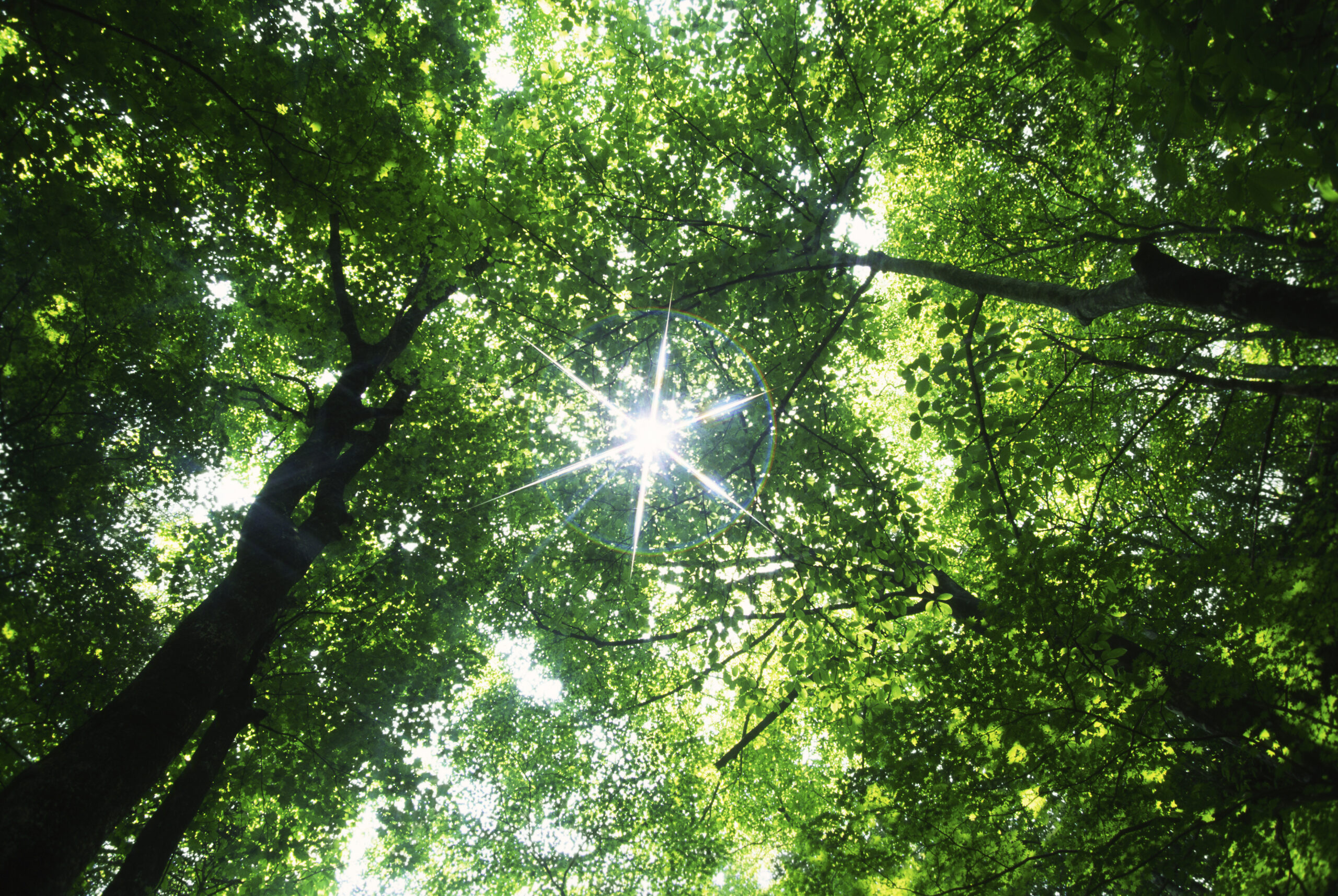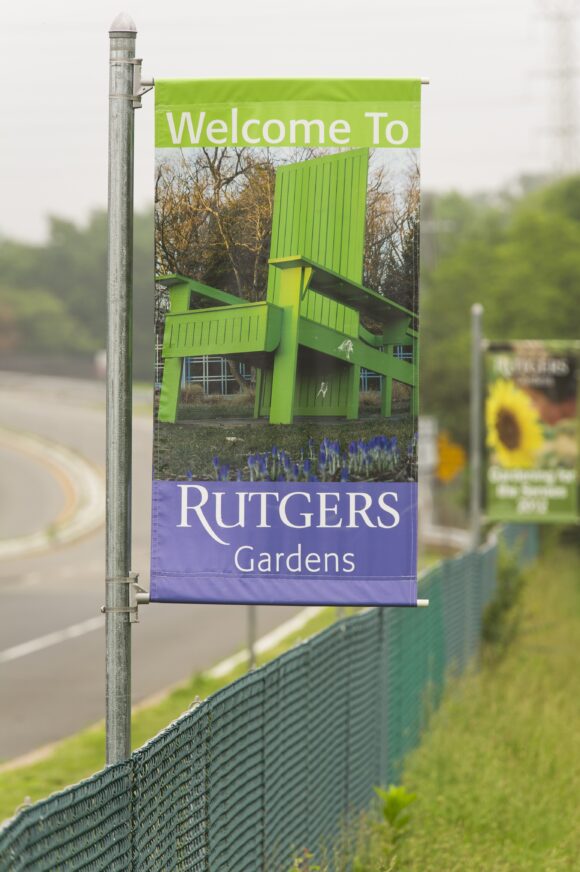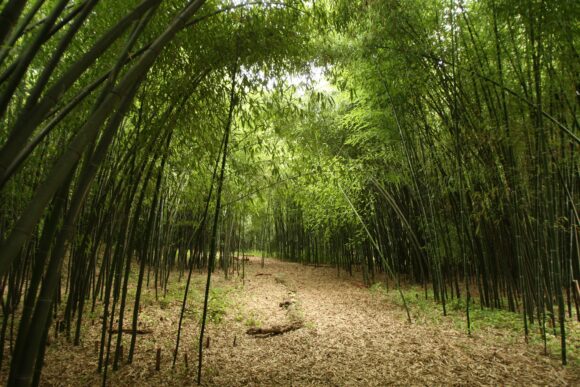
iStock.
Rutgers Gardens, the 180-acre botanical garden of Rutgers, the State University of New Jersey and a “living laboratory” in North Brunswick, New Jersey, is one of the recipients of a grant awarded by the NJ DEP and Sustainable Jersey via the Trees for Schools program.

Rutgers Gardens banner.
Funded by the Regional Greenhouse Gas Initiative (RGGI), the initiative will help reduce climate change by planting 3,000 trees across the state. Planting more trees in overburdened urban and rural areas will sequester carbon, thus reducing the amount of carbon in the atmosphere. The Trees for Schools grant allows Rutgers Gardens to participate in this climate change mitigation effort by planting 100 trees on site in 2024. The funding will also enable Rutgers Gardens to expand its educational impact for Rutgers students, local residents and the New Jersey green industry.
Dr. Lauren Errickson, Director of Rutgers Gardens and Campus Stewardship, will lead the project, which will focus on planting trees that are native to the mid-Atlantic region as well as to the southeastern United States. Including southeastern native trees will allow Rutgers Gardens to demonstrate species that might adjust well to New Jersey’s changing climate as temperatures are projected to rise in the years ahead.
Errickson hopes this approach of planting a variety of native trees, including both straight species as well as native cultivars or “nativars” that offer desirable characteristics for landscaping, will encourage New Jersey homeowners and landscapers to incorporate more native trees into their plantings. Errickson envisions offering tours and classes based on the tree installation; thus, the Trees for Schools grant will have a direct educational benefit while also mitigating climate change.

Bamboo Grove at Rutgers Gardens.
Rutgers Gardens is free and open to the public year-round, and invites community members to enjoy time spent outdoors in the green space the Gardens offer. Visits to Rutgers Gardens are a great way to increase physical activity by getting out for a walk and to reduce stress by connecting with nature.
Volunteers are welcome and will be invited to assist with tree plantings as part of this project. Errickson also says the Trees for Schools funding will provide further education to students and community residents. Rutgers students already benefit from Rutgers Gardens when courses meet on site for immersive field experiences, and through hands-on learning opportunities offered through the Rutgers Gardens internship program. Errickson says there may also be future research opportunities associated with the trees planted with this new grant funding, emphasizing the longevity of the grant’s educational and societal impact.
“It’s really encouraging to see that there is funding for tree planting and that our proposal, which focuses on installing trees that fit the ecological niche from a native plant perspective and have this added landscape and educational benefit, was selected. How we move forward as the State University of New Jersey includes thinking about how we have an impact on climate change, and this is a great step in that direction.”

